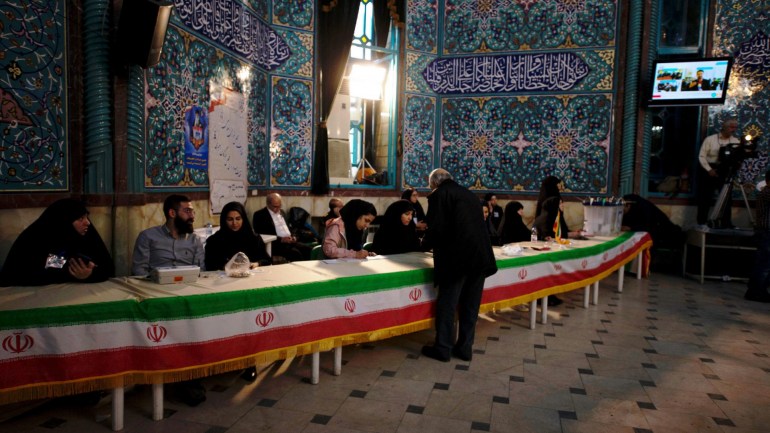
Over the years the EU has become more and more interested in having a direct political role in the management and resolution of the Israeli-Palestine conflict. Although it has poured much diplomatic effort and money in the idea of a two-state solution, a resolution still seems to be far off. Looking at the recent escalation between the Israeli Army and Palestinian militants in Gaza, the outlook for negotiations between the two states is very bleak.[1]
The Israel-United Arab Emirates normalisation agreement of September 2020 also seems to be reducing the likelihood of new talks between Israel and the Palestinian Authority (PA). Calling it “a betrayal against Jerusalem, Al-Aqsa Mosque and the Palestinians”, the Palestinian leadership officially rejected the agreement.[2] Prime Minister Netanyahu thereby declared that there is no change to his plans to annex parts of the West Bank, but that they are simply on hold because of the normalisation deal.[3]
COMMENTARY | The Israeli-Palestinian Conflict: Limits and Opportunities for the EU’s Involvement — by @flovandenbroeck
For the entire paper ⬇️ https://t.co/o35qnkNFQP pic.twitter.com/s4YnuYZ2wV
— Vocal Europe (@thevocaleurope) May 15, 2021
Click Here to Read the Entire Commentary
_______________________________________________
[1] B. OPPENHEIM, ‘Can Europe overcome its paralysis on Israel and Palestine?’, Centre for European Reform, February 2020 (https://www.cer.eu/publications/archive/policy-brief/2020/can-europe-overcome-its-paralysis-israel-and-palestine). Consulted on 13 April 2021.
[2] S. FARRELL, ‘Palestinian leader ‘rejects and denounces Israel-UAE deal: statemen’, Reuters, August 2020 (https://www.reuters.com/article/us-israel-emirates-trump-palestinians-ab/palestinian-leader-rejects-and-denounces-israel-uae-deal-statement-idUSKCN2592T5). Consulted on 18 April 2021.
[3] K. ROBINSON, ‘What is US Policy on the Israeli-Palestinian Conflict’, Council on Foreign Relations, February 2021 (https://www.cfr.org/backgrounder/what-us-policy-israeli-palestinian-conflict). Consulted on 11 April 2021.



